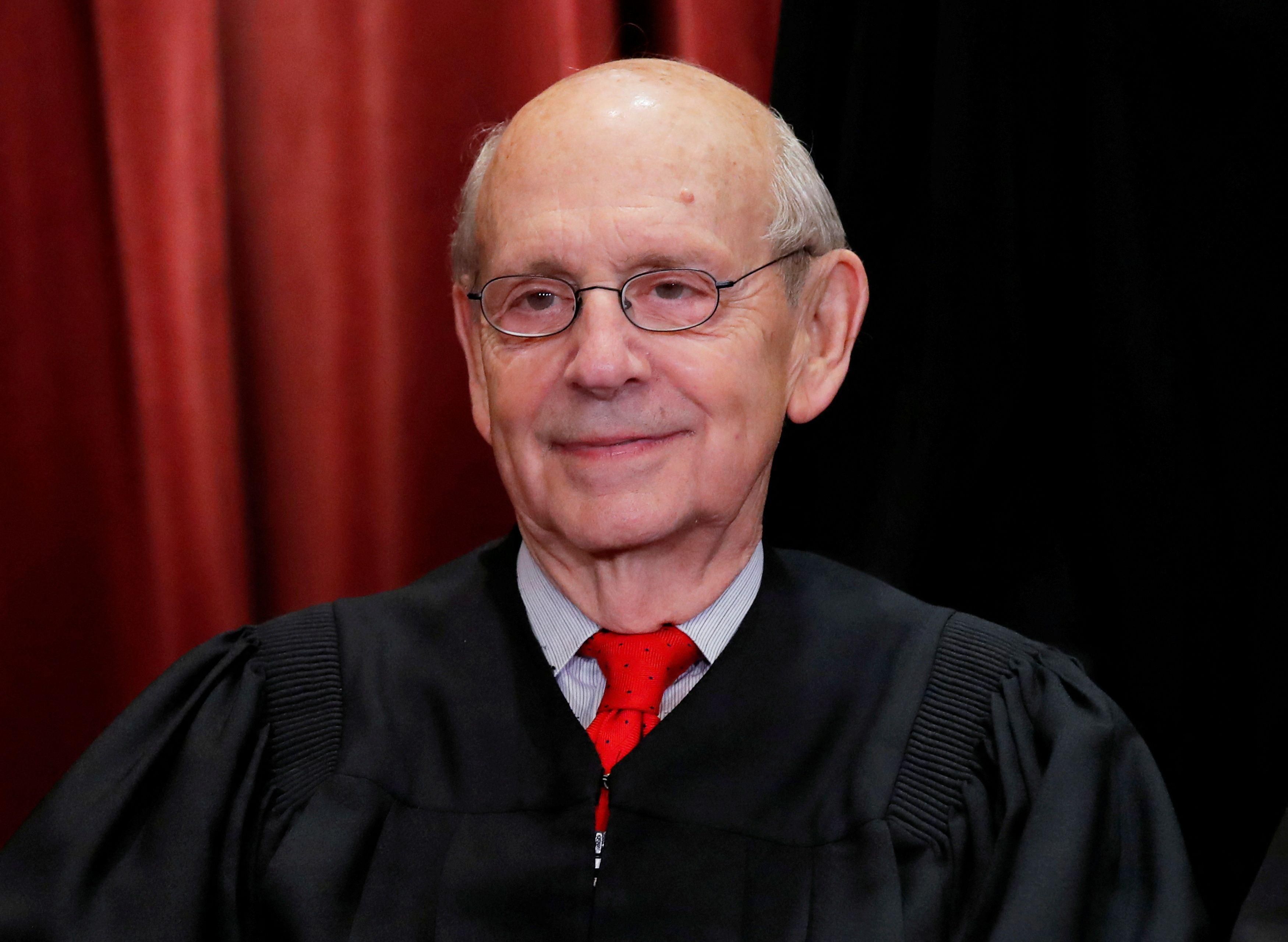Biden gets a Supreme Court pick. US Supreme Court Justice Stephen Breyer announced on Wednesday that he'll retire later this year, probably before the November midterms. If he does, President Joe Biden will nominate Breyer’s replacement. The nominee will presumably be the first Black woman on the court, as Biden promised during his election campaign. Biden could pick a candidate that can win enthusiastic praise from the progressive wing of his party. That might allow him more political space to rework the Build Back Better spending bill to satisfy the demands of Joe Manchin and Kyrsten Sinema. But first he'll have to persuade the two independent-minded senators to confirm Biden's nominee. The Dems face lengthening odds of retaining their razor-thin majority in the Senate, which confirms US federal judges. Still, Breyer’s decision provides a rare piece of good news for Democrats, who can now ensure the court's ideological balance will not tip further to the right. Later this year, the Supreme Court is expected to rule on major political cases, including challenges to the Roe v Wade ruling on abortion rights.
Russians watching the Ukraine crisis on TV. We've written about what "the West" will/will not do in the Russia-Ukraine crisis. But what do Russians think about it? Russian state TV is following the Kremlin playbook by painting Kyiv as an aggressor backed by Western powers and by demanding that Russia respond firmly to a national security threat. This narrative differs from the one rolled out prior to the 2014 Russian annexation of Crimea, when the state-aligned media denied any Russian involvement in Ukraine. As for ordinary Russians, a December Levada poll found that half of them blame the US and NATO for the crisis, 16 percent fault Ukraine, and just 4 percent blame Russia. But 53 percent said an armed conflict was unlikely. What’s more, Ukraine is not top of mind for many Russians — especially those outside Moscow — who tell pollsters they worry more about rising inflation. In a January Levada survey, one-third of Russians said they expect their quality of life to decline this year. This could be traditional Russian fatalism, or a reflection of fears that an invasion of Ukraine might trigger crippling US sanctions.
China’s Fight Club. In the late 17th century, an Irish playwright named Nahum Tate decided that William Shakespeare needed some help. Decades after Shakespeare’s death, Tate created a version of King Lear which gave the play a
happy ending in which evil was punished and virtue rewarded. He also “adapted” Shakespeare’s
Richard II to ensure it featured "full of respect to Majesty and the dignity of courts.” Tate believed that theater had a duty to teach moral lessons, one of which was respect for authority. That idea, very much in keeping with the political times in which he lived, made him a success in his day. In other recent news, the Chinese government has now altered the ending of the American film “
Fight Club,” a pitch-black comedy about the collision of man’s primal nature with the soul-killing impersonal authority of modern life. Spoiler alert #1: the film ends with anarchists watching as bombs they’ve planted level the skyline of a major city. Spoiler alert #2: Chinese Communist Party officials, like Nahum Tate before them, felt the story needed a more “just” conclusion, one in which authority and good order triumph over the terrorist plans of nihilists and moral anarchists.
